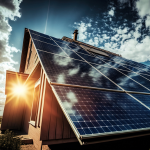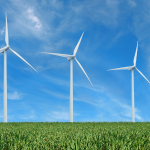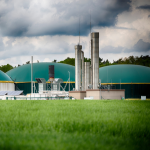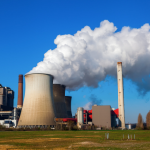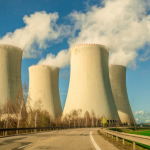Learn Everything About Clean Energy & More!
Check out our free energy glossaries and learn everything related to yoga!
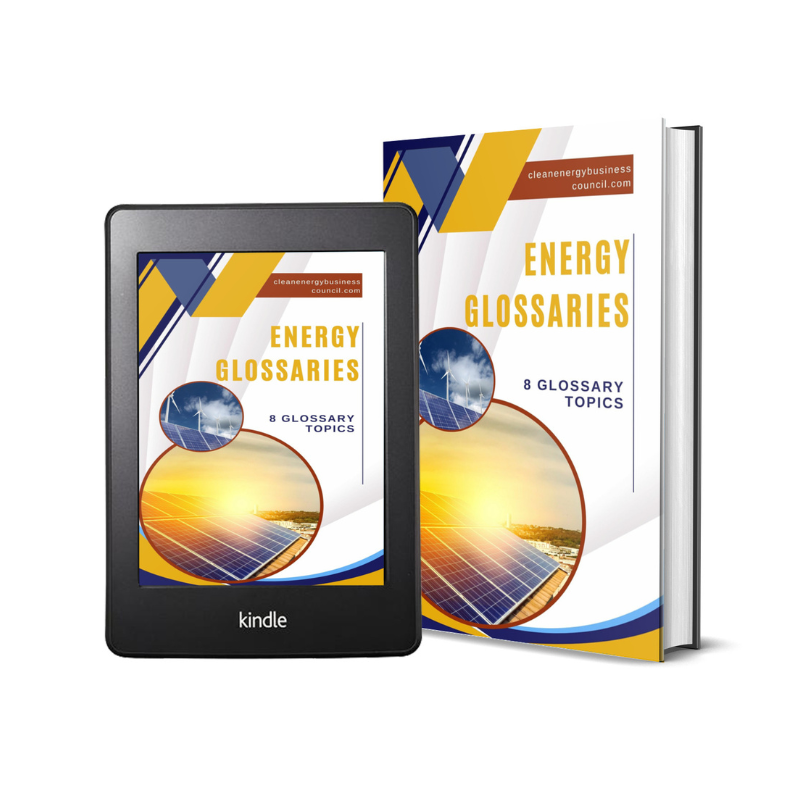
Energy Glossaries
Some Recent Energy Glossary Articles
Turbulence Intensity – Definition & Detailed Explanation – Wind Energy Glossary Terms
I. What is Turbulence Intensity? Turbulence intensity refers to the level of irregular and chaotic fluctuations in wind speed and direction within a given area. In the context of wind energy, turbulence intensity is a crucial factor that can significantly impact the performance and efficiency of wind turbines. High turbulence intensity can lead to increased … Read more
Cathode – Definition & Detailed Explanation – Battery Technology Glossary Terms
I. What is a Cathode in Battery Technology? In battery technology, a cathode is one of the two electrodes that make up a battery cell. The cathode is the electrode where reduction reactions occur during the discharge of the battery. It is the positive terminal of the battery and is connected to the external circuit, … Read more
Solar Energy Storage – Definition & Detailed Explanation – Solar Energy Glossary Terms
I. What is Solar Energy Storage? Solar energy storage refers to the process of capturing and storing energy generated by solar panels for later use. This technology allows solar power systems to store excess energy produced during the day for use at night or during periods of low sunlight. By storing energy, solar power systems … Read more
Hydropower and Ecosystem Services – Definition & Detailed Explanation – Hydroelectric Power Glossary Terms
I. What is Hydropower? Hydropower is a renewable energy source that harnesses the power of flowing water to generate electricity. It is one of the oldest and most widely used forms of renewable energy, dating back to ancient civilizations that used water wheels to grind grain and power machinery. Today, hydropower accounts for around 16% … Read more
Intermediate-Temperature Geothermal System – Definition & Detailed Explanation – Geothermal Energy Glossary Terms
I. What is an Intermediate-Temperature Geothermal System? An intermediate-temperature geothermal system is a type of geothermal energy system that harnesses the heat stored beneath the Earth’s surface at temperatures ranging from 150 to 300 degrees Fahrenheit. This temperature range is ideal for a variety of applications, including electricity generation, heating, and cooling. Unlike high-temperature geothermal … Read more
Fossil Fuel Efficiency – Definition & Detailed Explanation – Fossil Fuels Glossary Terms
I. What is Fossil Fuel Efficiency? Fossil fuel efficiency refers to the ability of a fuel source, such as coal, oil, or natural gas, to produce energy with minimal waste and emissions. In simple terms, it is a measure of how effectively a fuel can be converted into usable energy. The higher the efficiency of … Read more
Battery Backup – Definition & Detailed Explanation – Battery Technology Glossary Terms
I. What is a Battery Backup? A battery backup, also known as an uninterruptible power supply (UPS), is a device that provides emergency power to a load when the main power source fails. It is designed to protect electronic devices and equipment from power outages, voltage fluctuations, and other electrical disturbances. Battery backups come in … Read more
Petroleum – Definition & Detailed Explanation – Fossil Fuels Glossary Terms
I. What is Petroleum? Petroleum, also known as crude oil, is a naturally occurring fossil fuel that is formed from the remains of ancient marine organisms. It is a complex mixture of hydrocarbons, which are organic compounds made up of hydrogen and carbon atoms. Petroleum is a vital resource that is used in various industries, … Read more
Energy Policy – Definition & Detailed Explanation – Fossil Fuels Glossary Terms
I. What are Fossil Fuels? Fossil fuels are natural resources that have formed over millions of years from the remains of plants and animals. These resources include coal, oil, and natural gas, and are used to generate energy for various purposes. Fossil fuels are non-renewable resources, meaning that once they are depleted, they cannot be … Read more
Dry Cask Storage – Definition & Detailed Explanation – Nuclear Energy Glossary Terms
I. What is Dry Cask Storage? Dry cask storage is a method used to store spent nuclear fuel after it has been removed from a nuclear reactor. This storage method involves placing the fuel in airtight containers, typically made of steel and concrete, to protect the environment and public health. The containers are then placed … Read more
